The Science of Stress on Skin Health
Here’s how stress changes skin biology (and why skin conditions tend to flare):
- Cortisol and the “stress switch.” When stress shows, cortisol climbs. That raises oil levels, slows repair, and even loosens the skin barrier – so more water escapes (that’s transepidermal water loss, or TEWL). The net effect is that your skin feels a bit drier and more reactive, with redness, itchiness, and pigmentary changes more likely to spike.
- Skin–nerve–immune system conversation. When you’re stressed, nerves in the skin send chemical signals. Nearby immune cells release histamine, blood flow shifts, and that chain reaction makes skin more likely to itch, sting, and feel sensitive.
- External stressors matter, too. Outside forces – UV (even on cloudy days), heat, cold, wind, low indoor humidity, and hot showers, plus pollution and smoke – drive oxidative stress and increase TEWL, so skin loses water more easily, looks dull, and may irritate.
- It’s a loop, not a line. Because visible skin symptoms can raise your stress (sympathetic and HPA systems), and that stress feeds inflammation and barrier breakdown, skin conditions like acne, eczema, psoriasis, and even hair and nail changes can get caught in a loop where episodes come faster and recovery takes a lot longer.

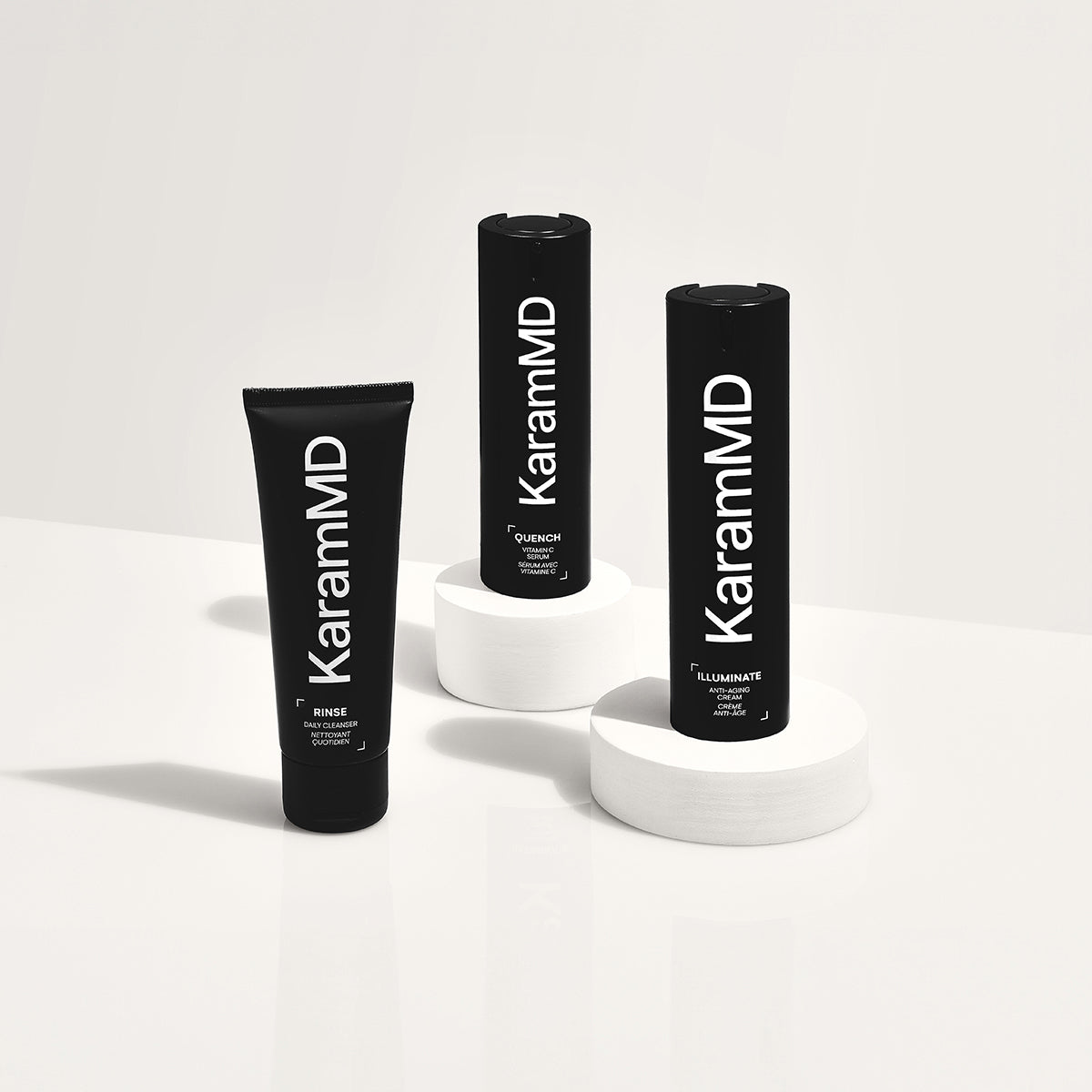
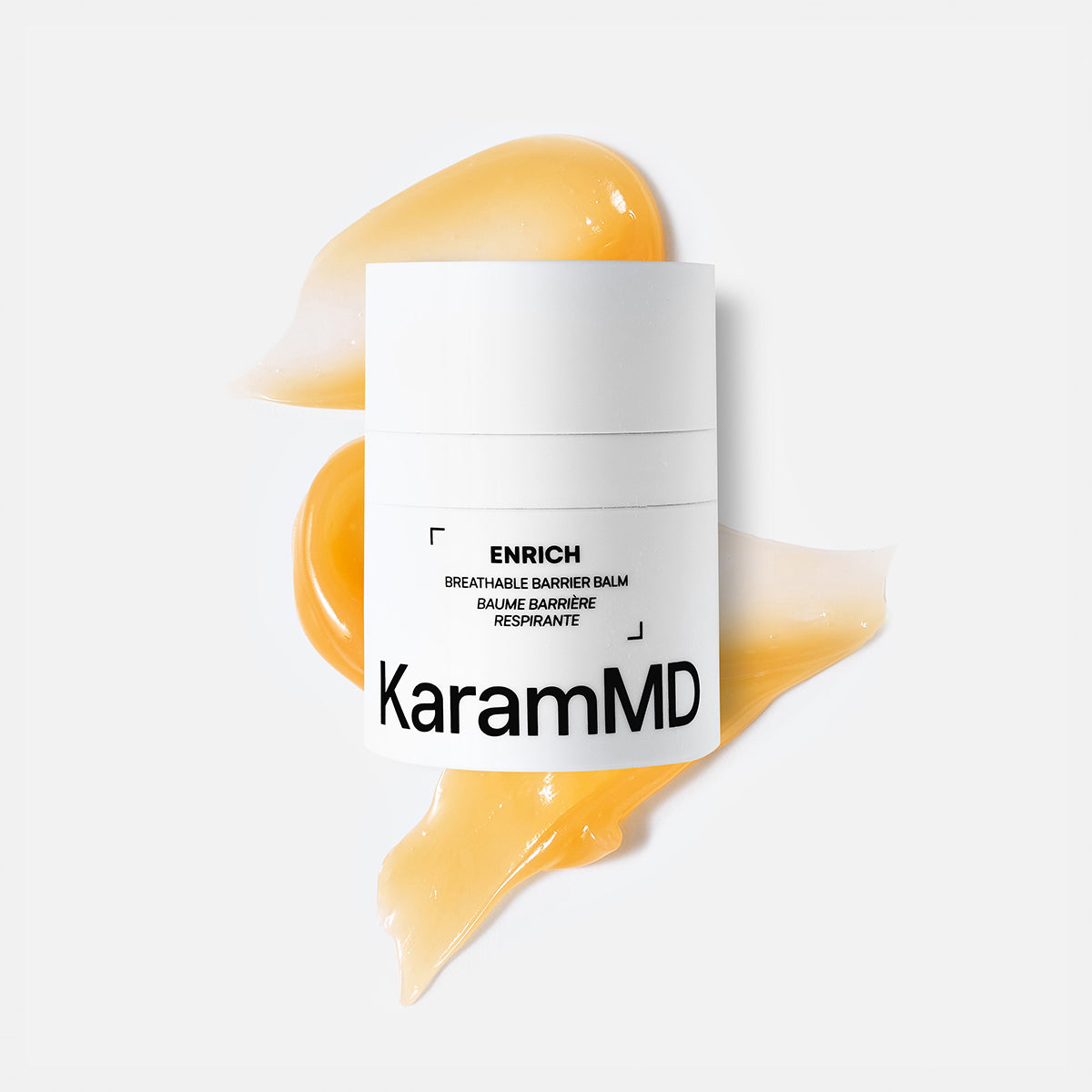
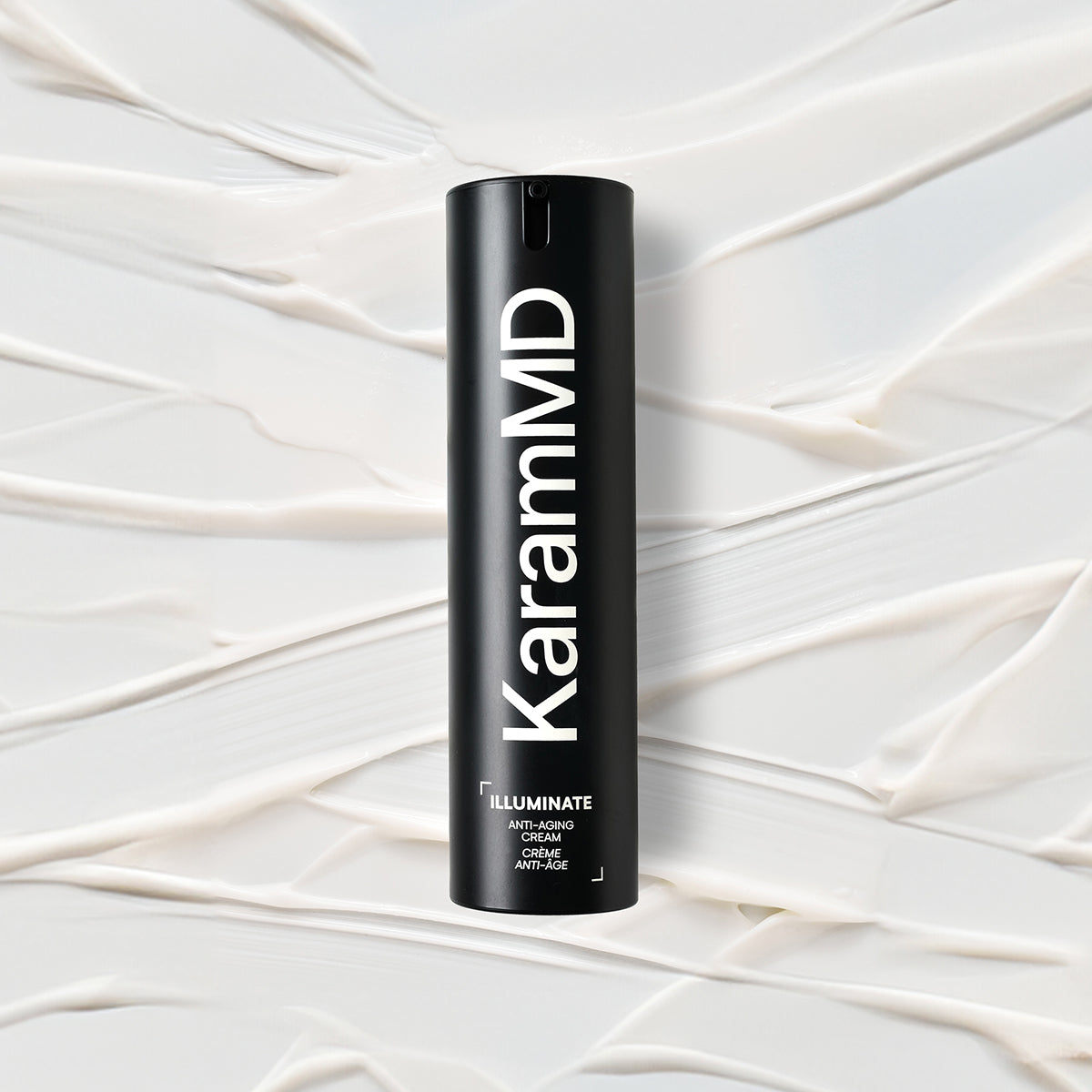
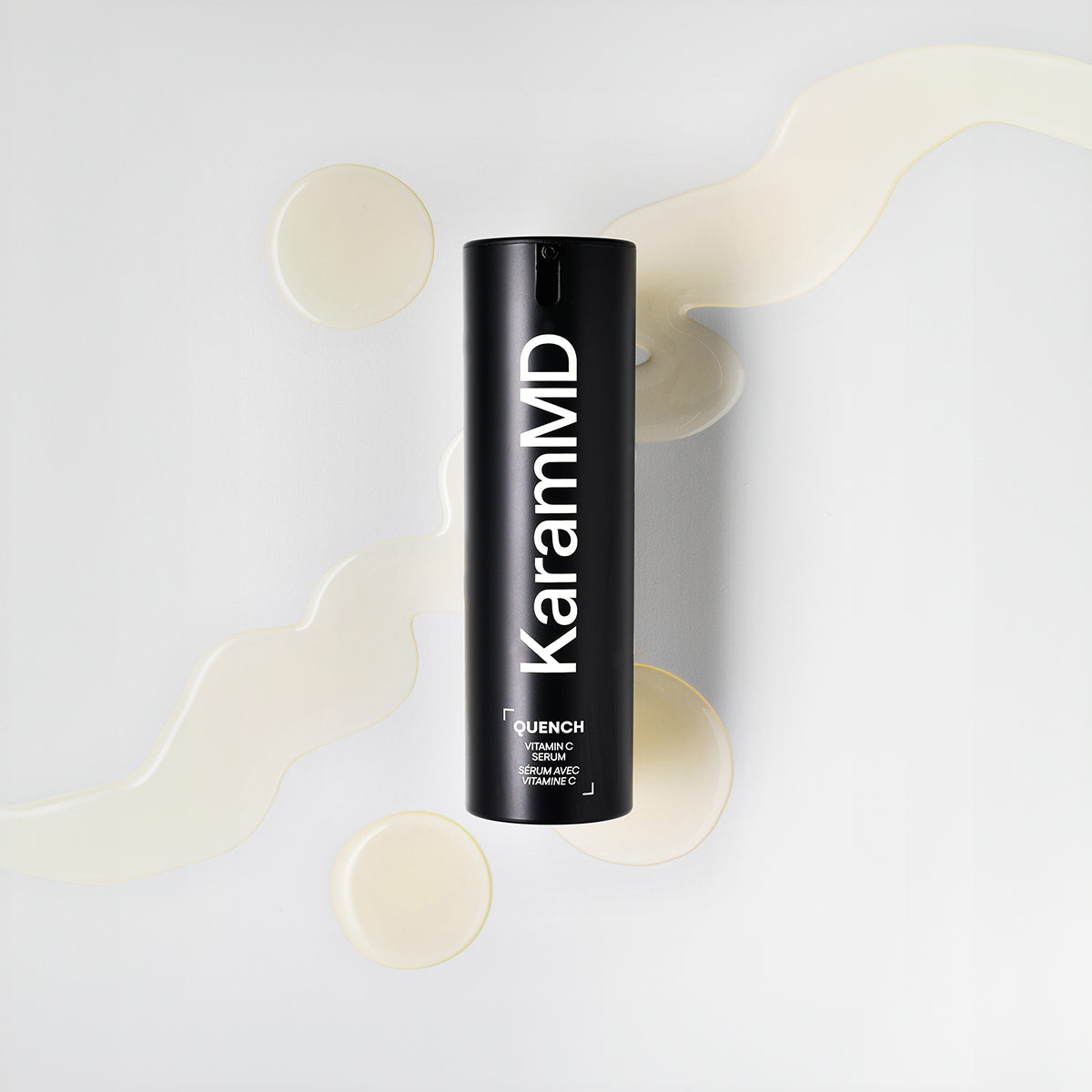
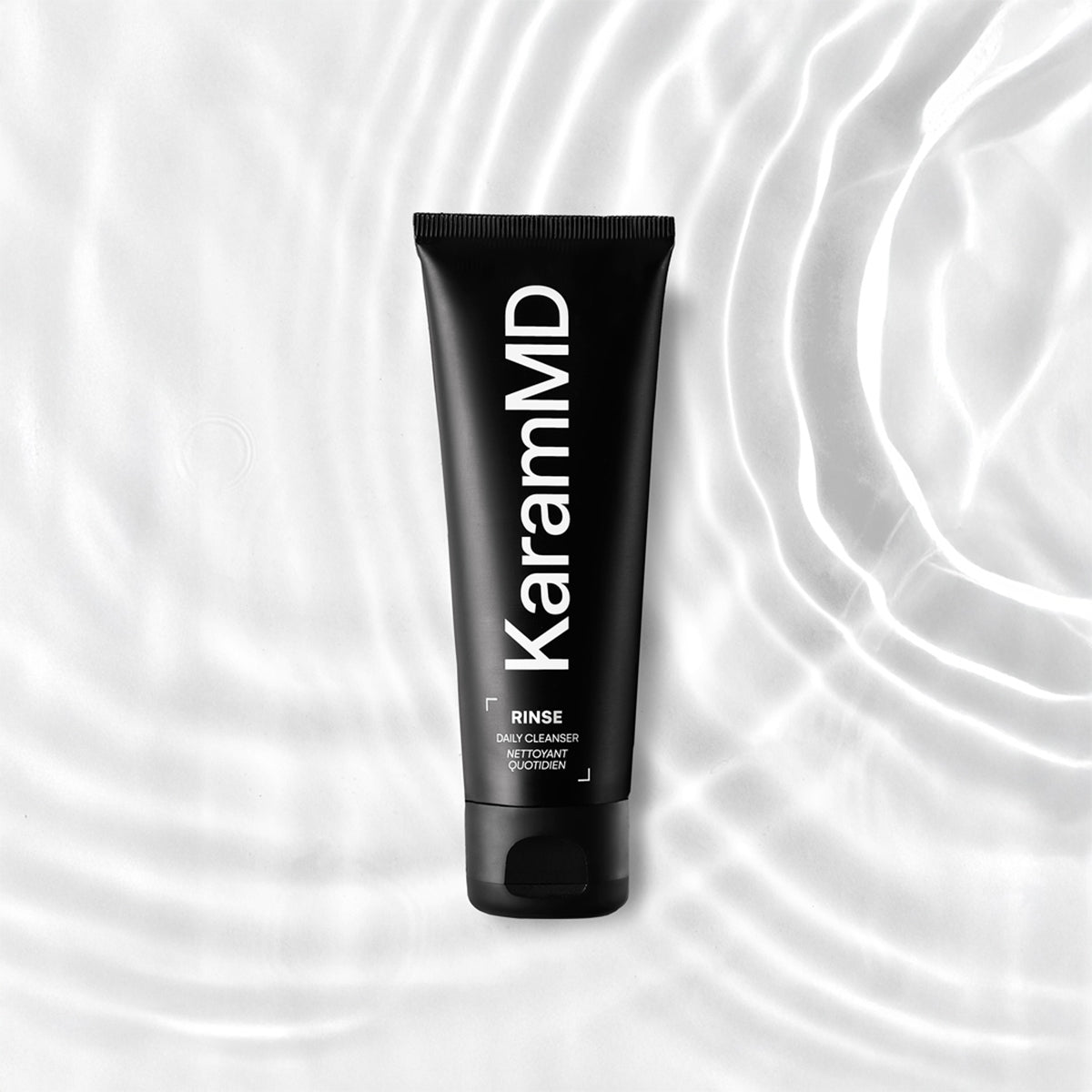
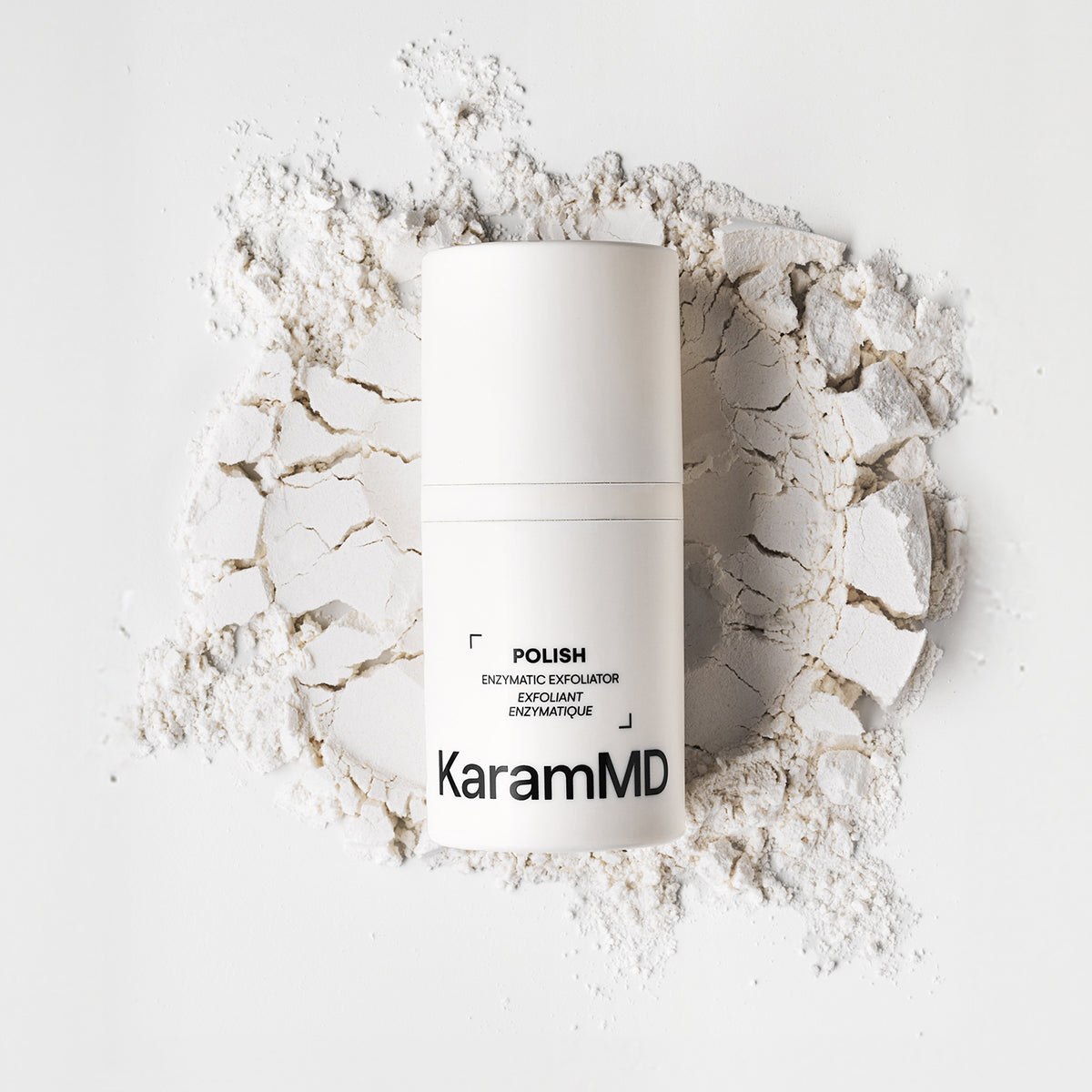
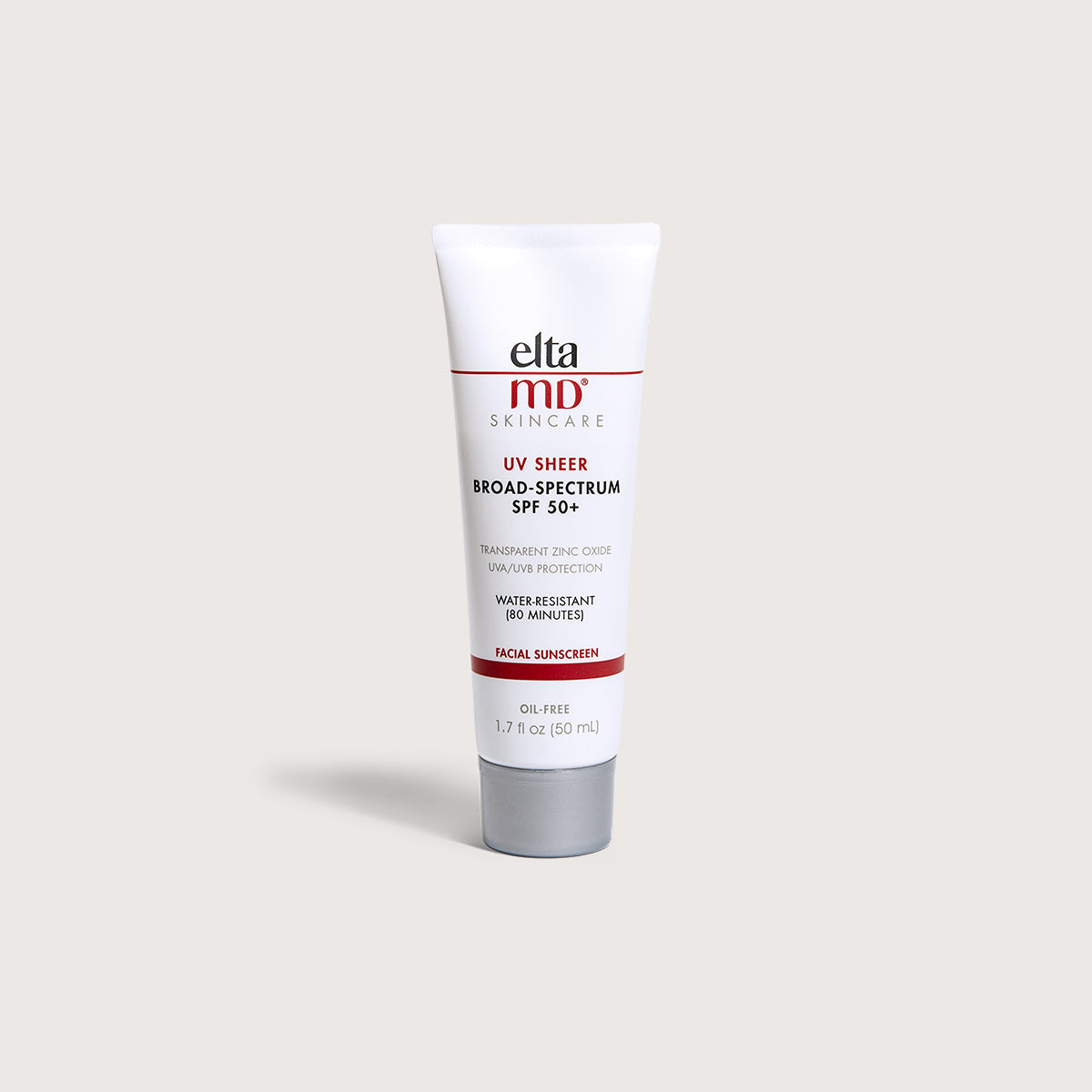
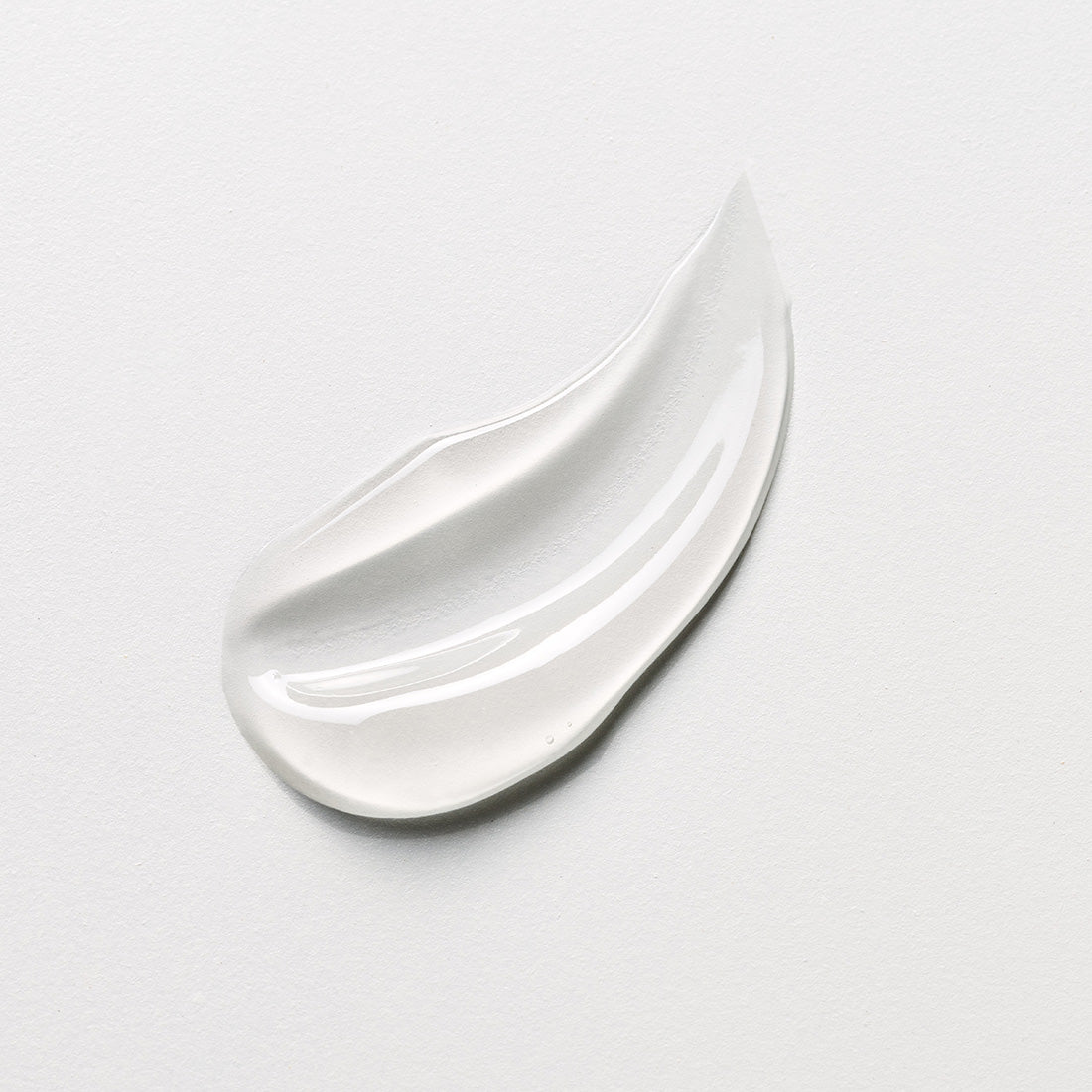

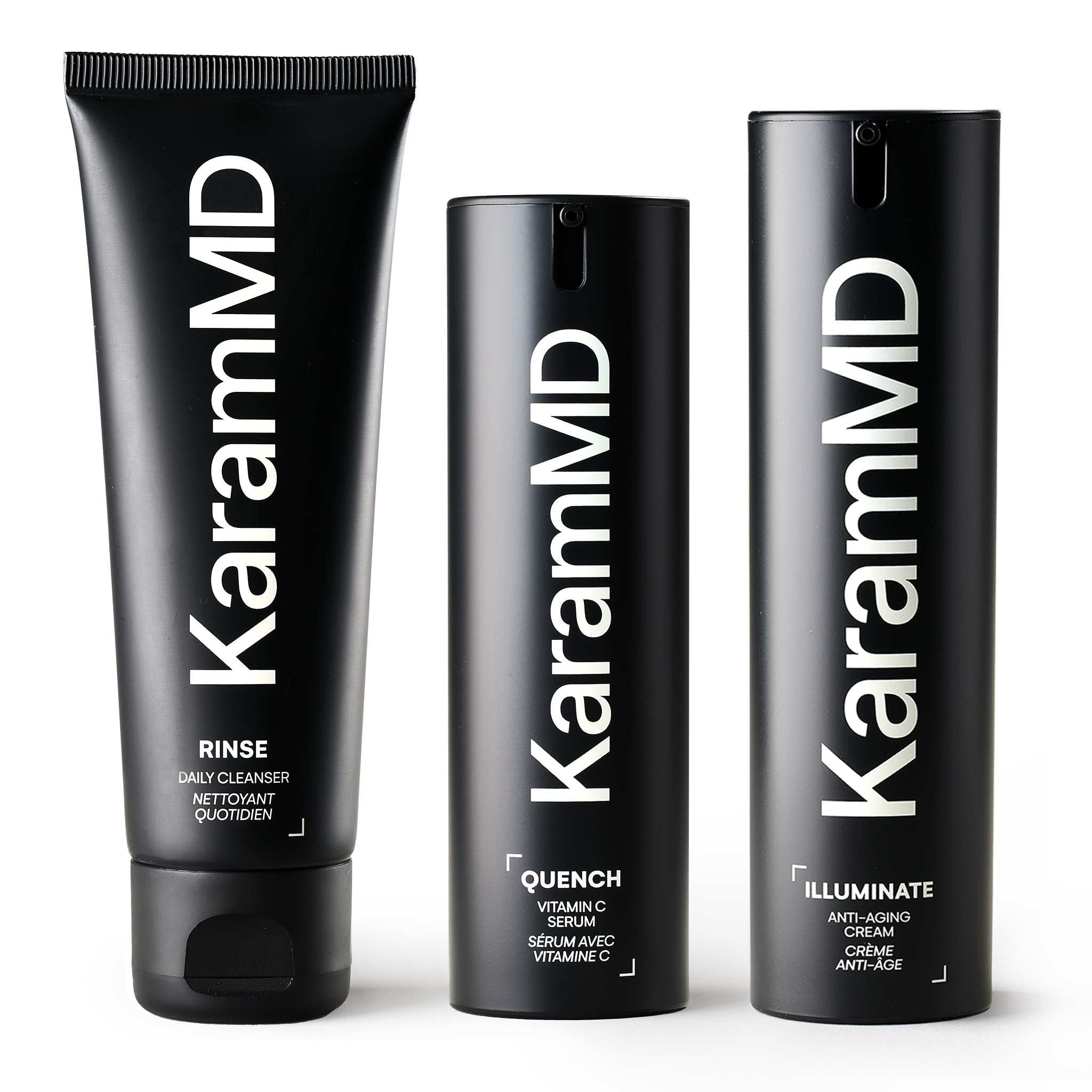
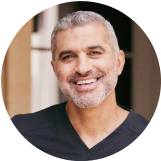
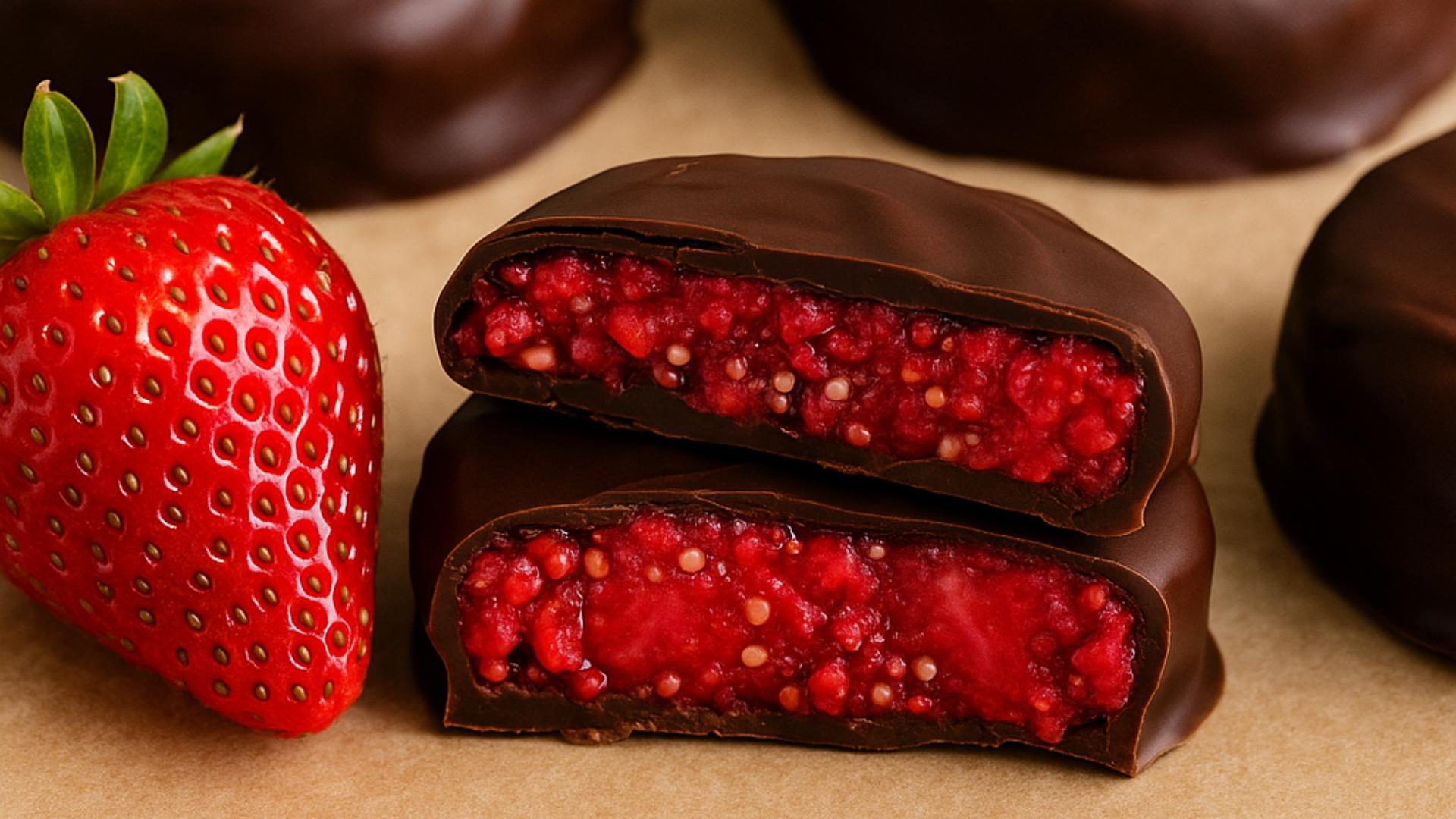

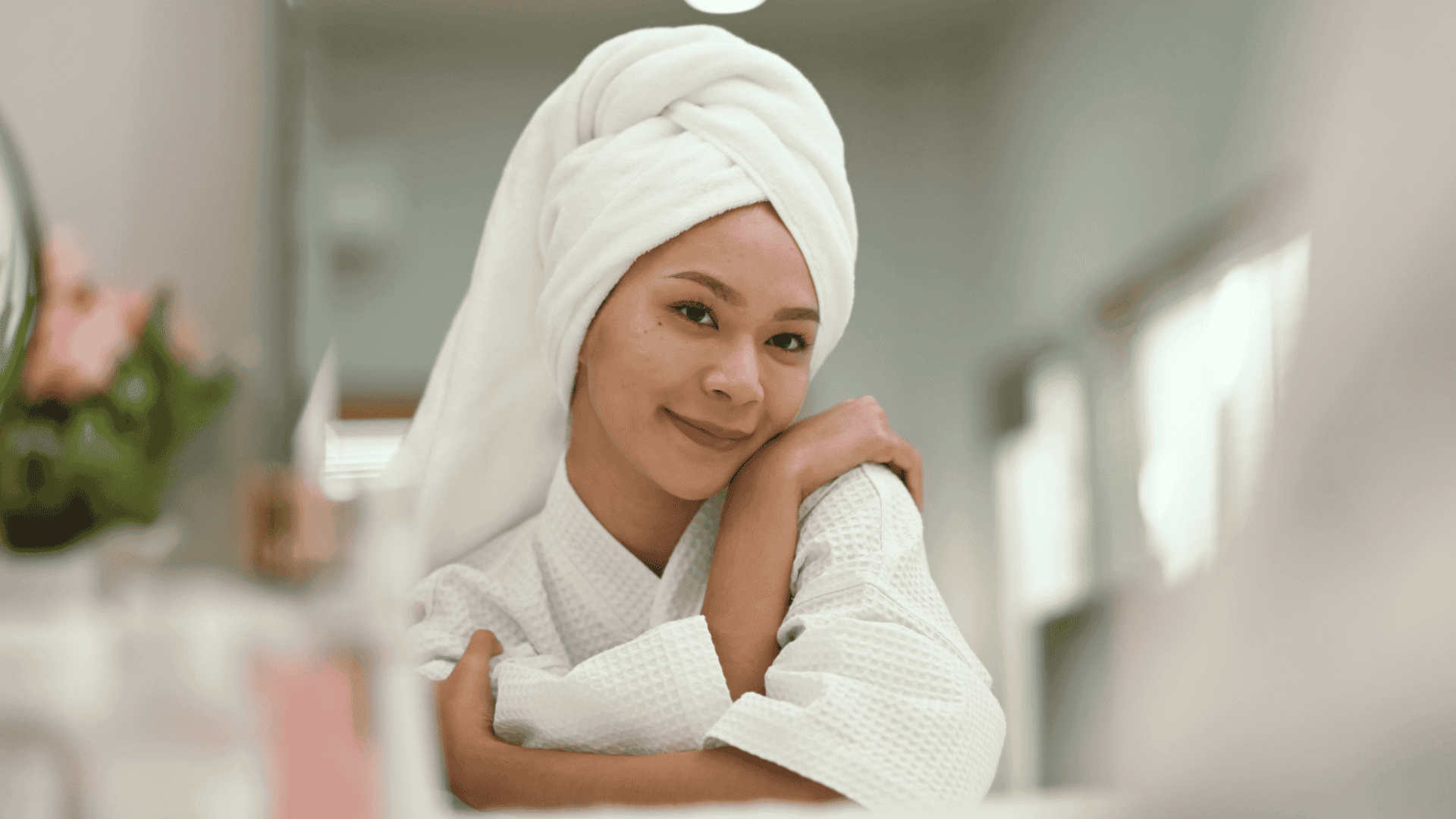


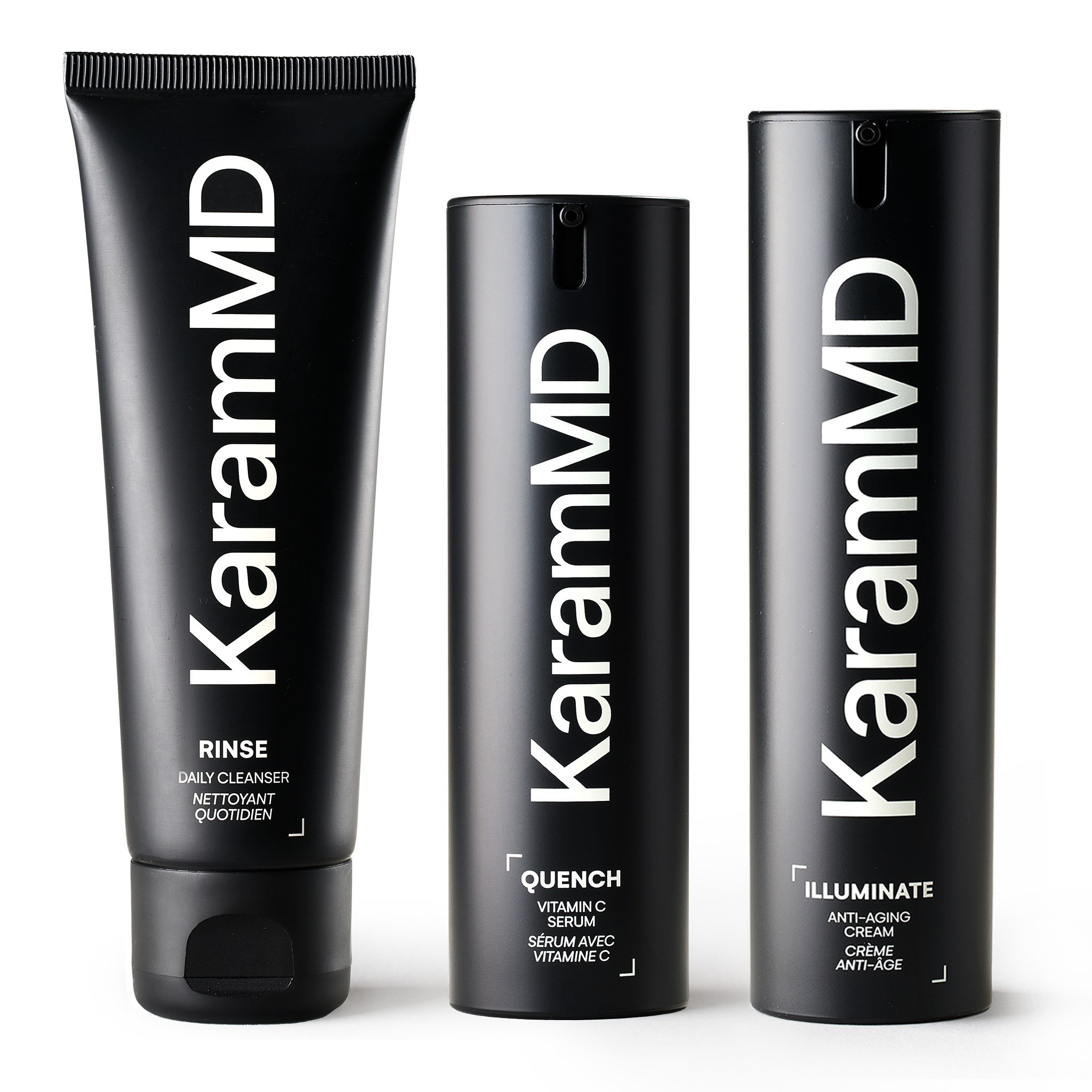
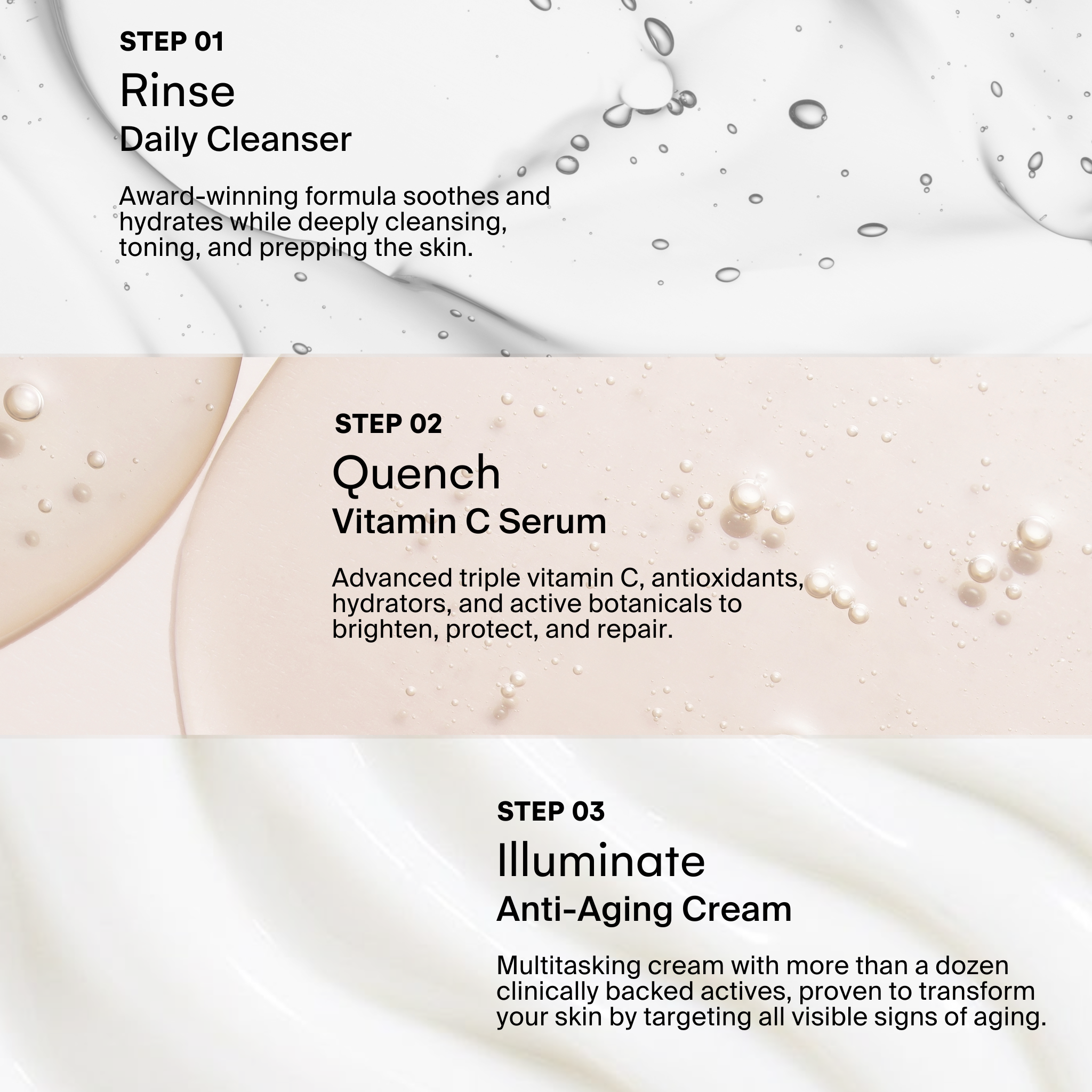
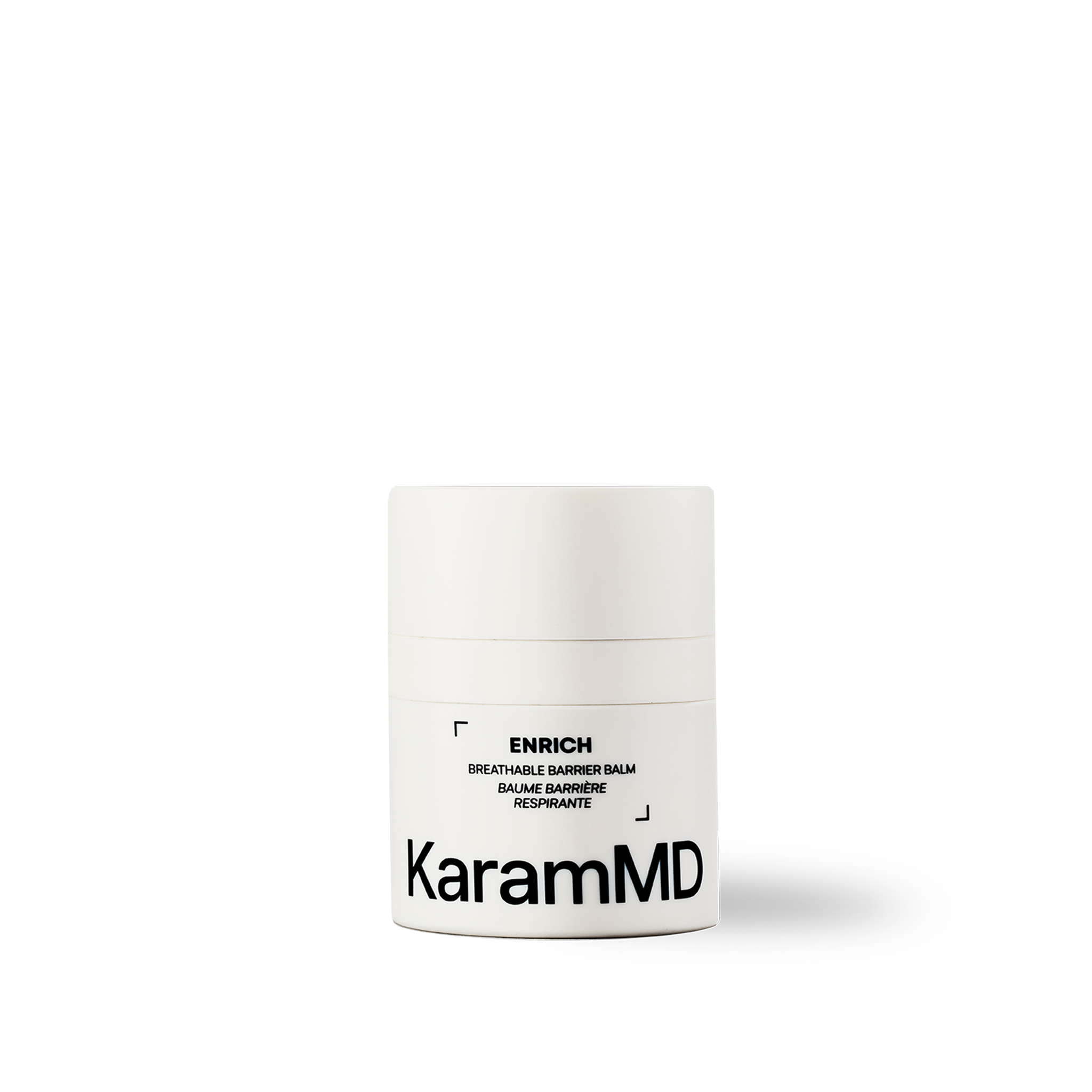
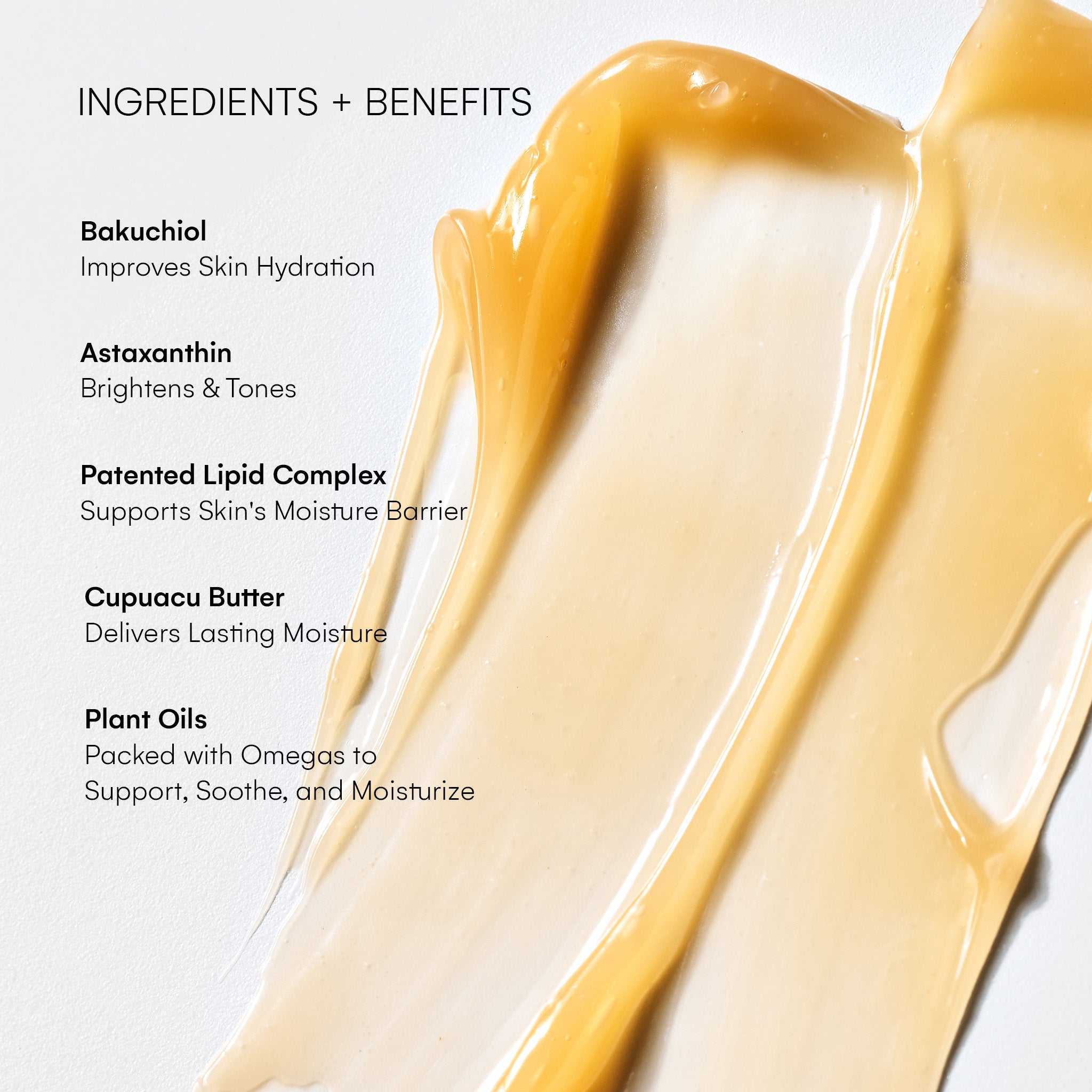
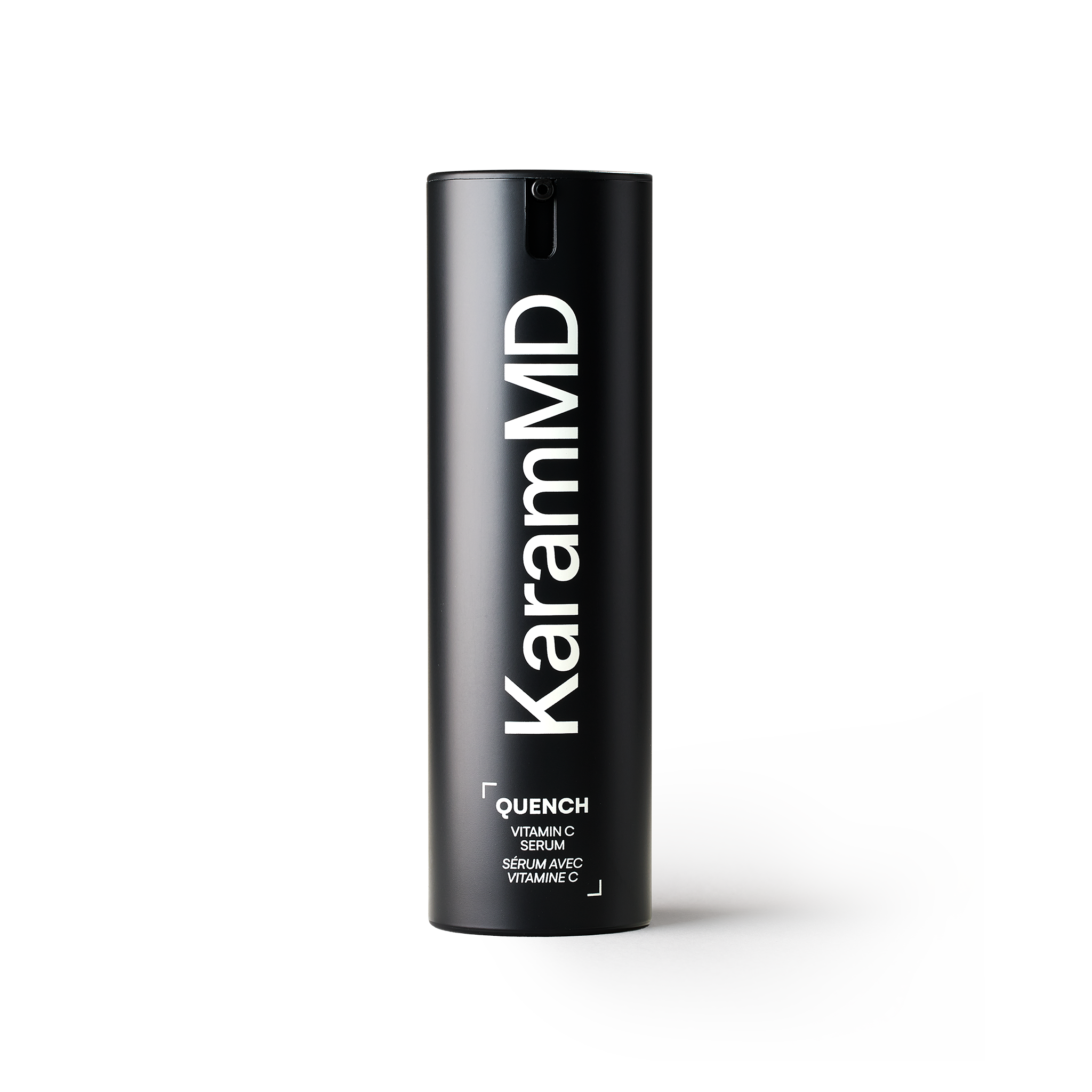
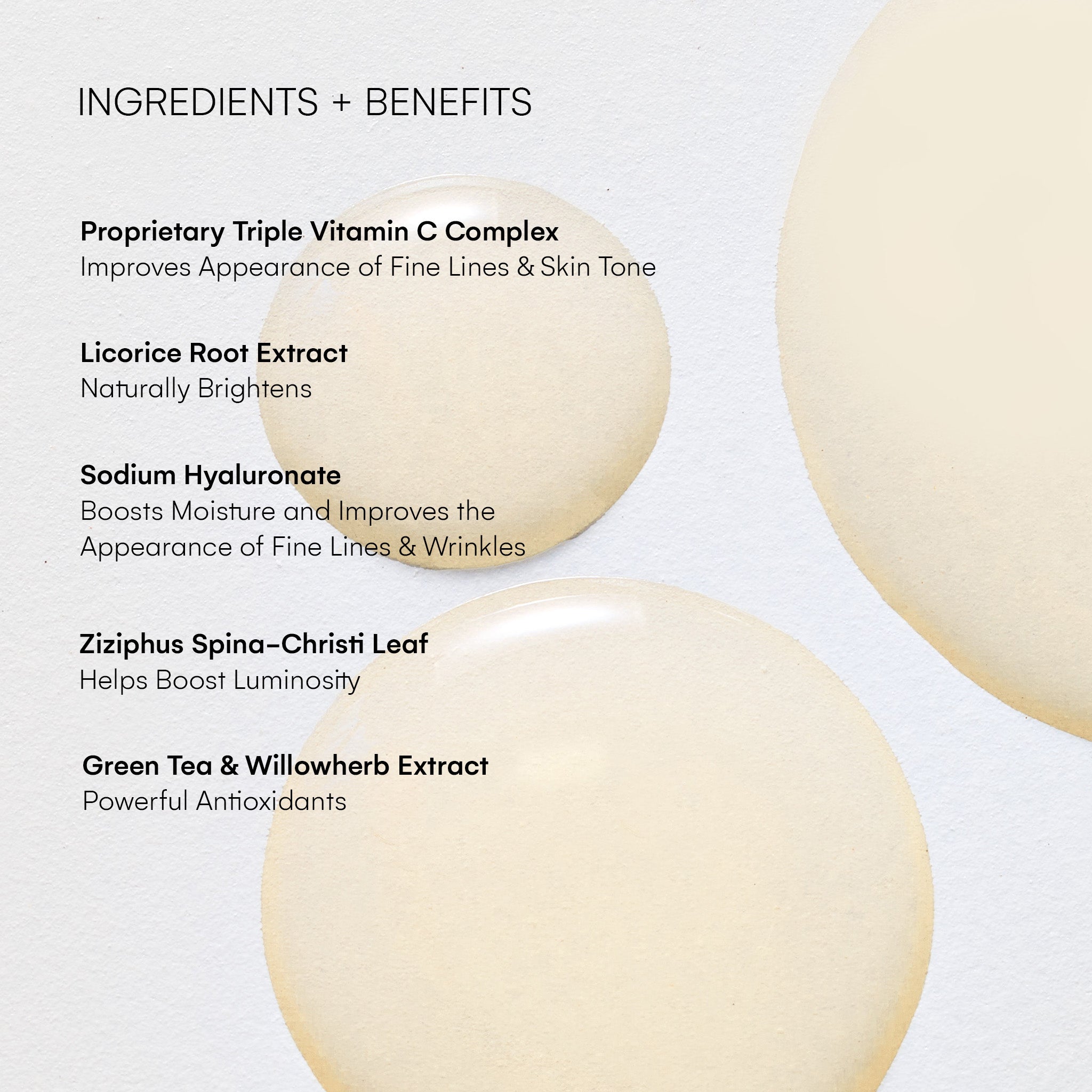
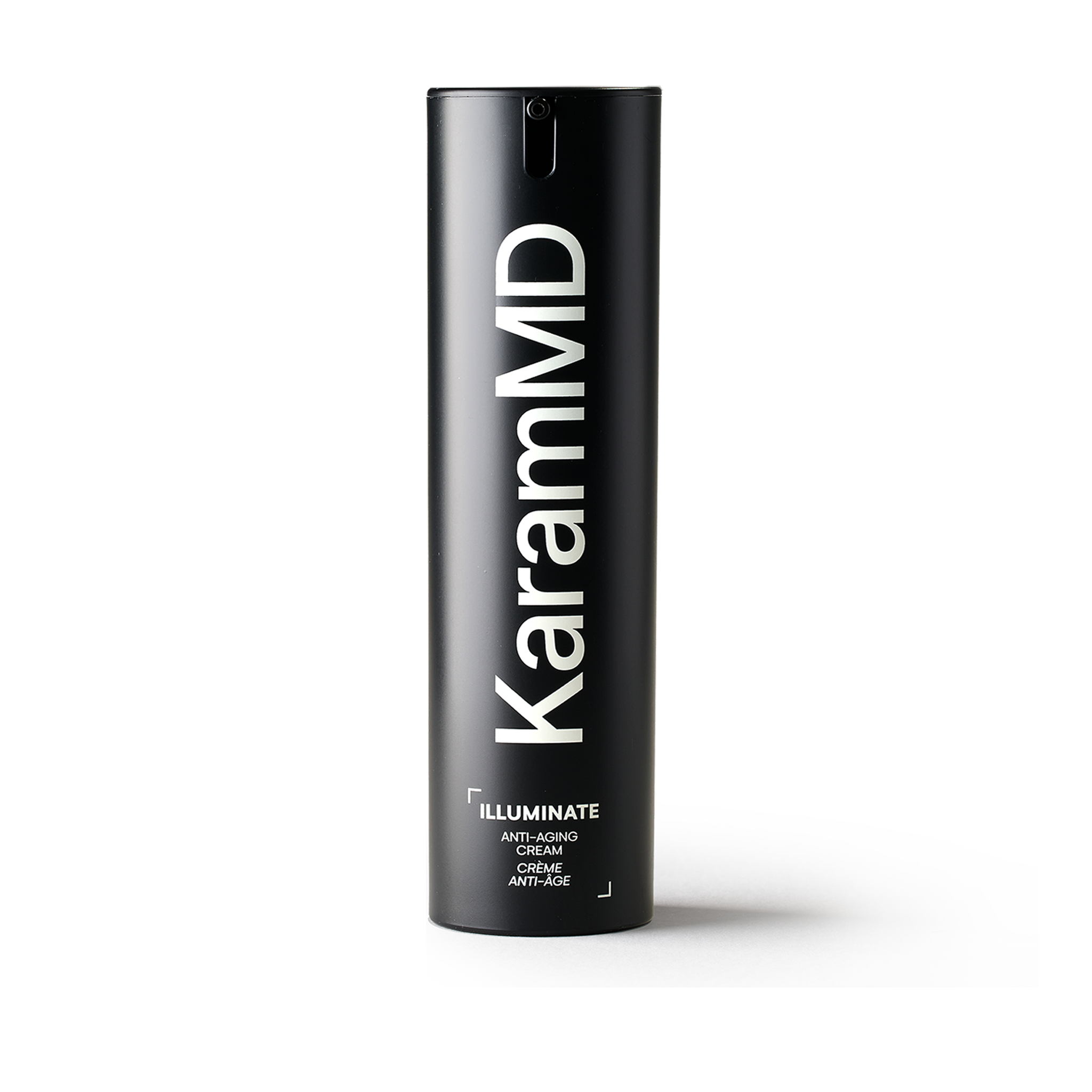
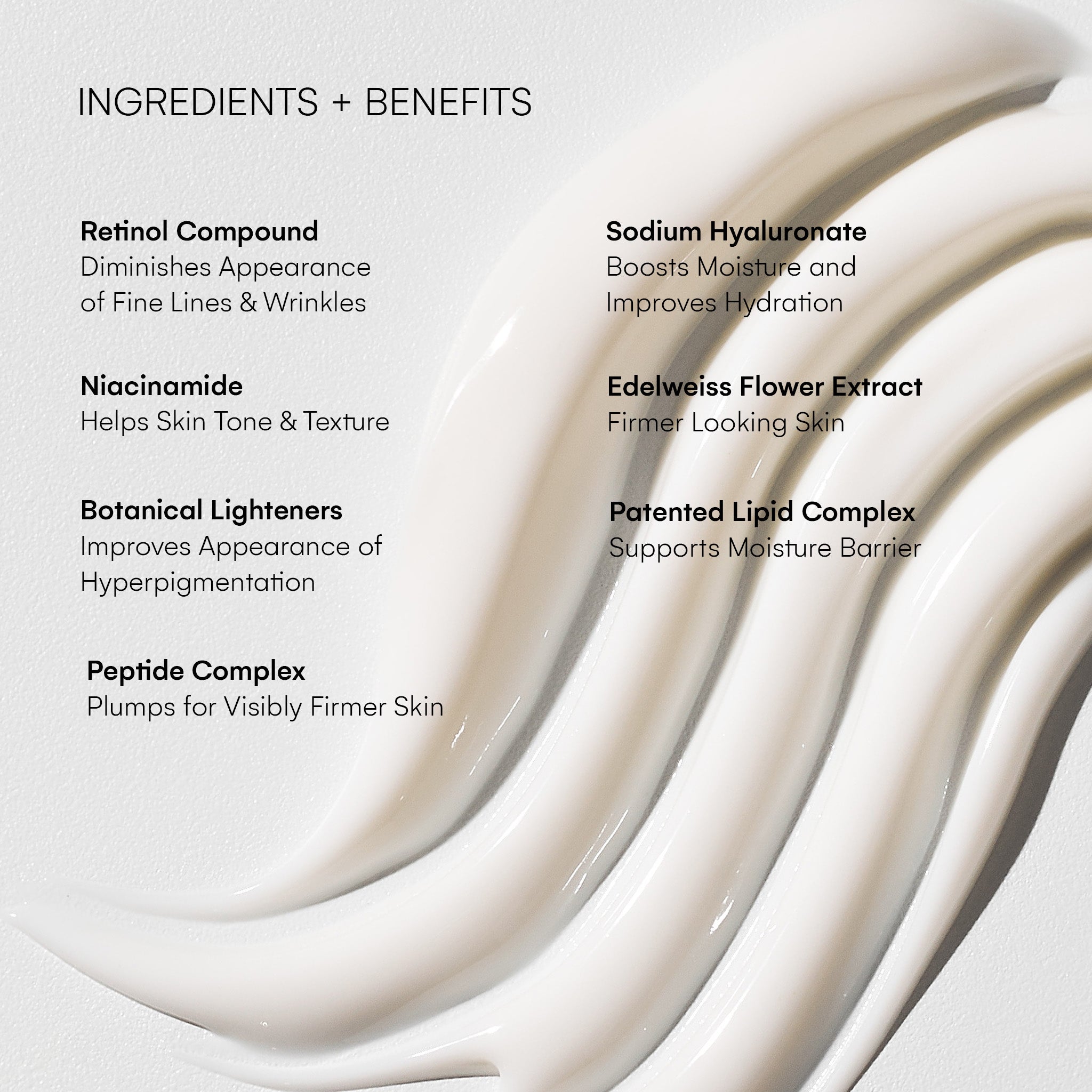
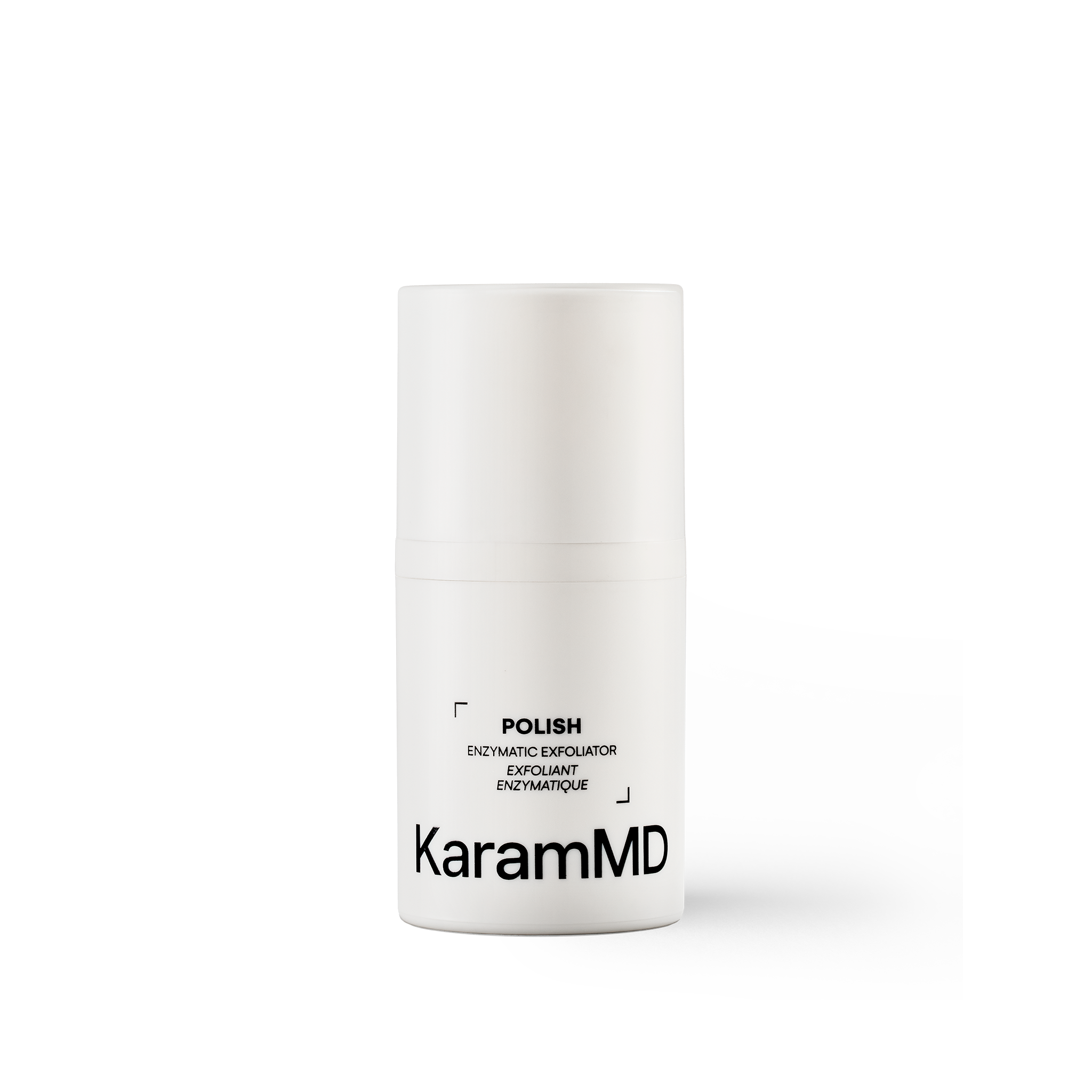
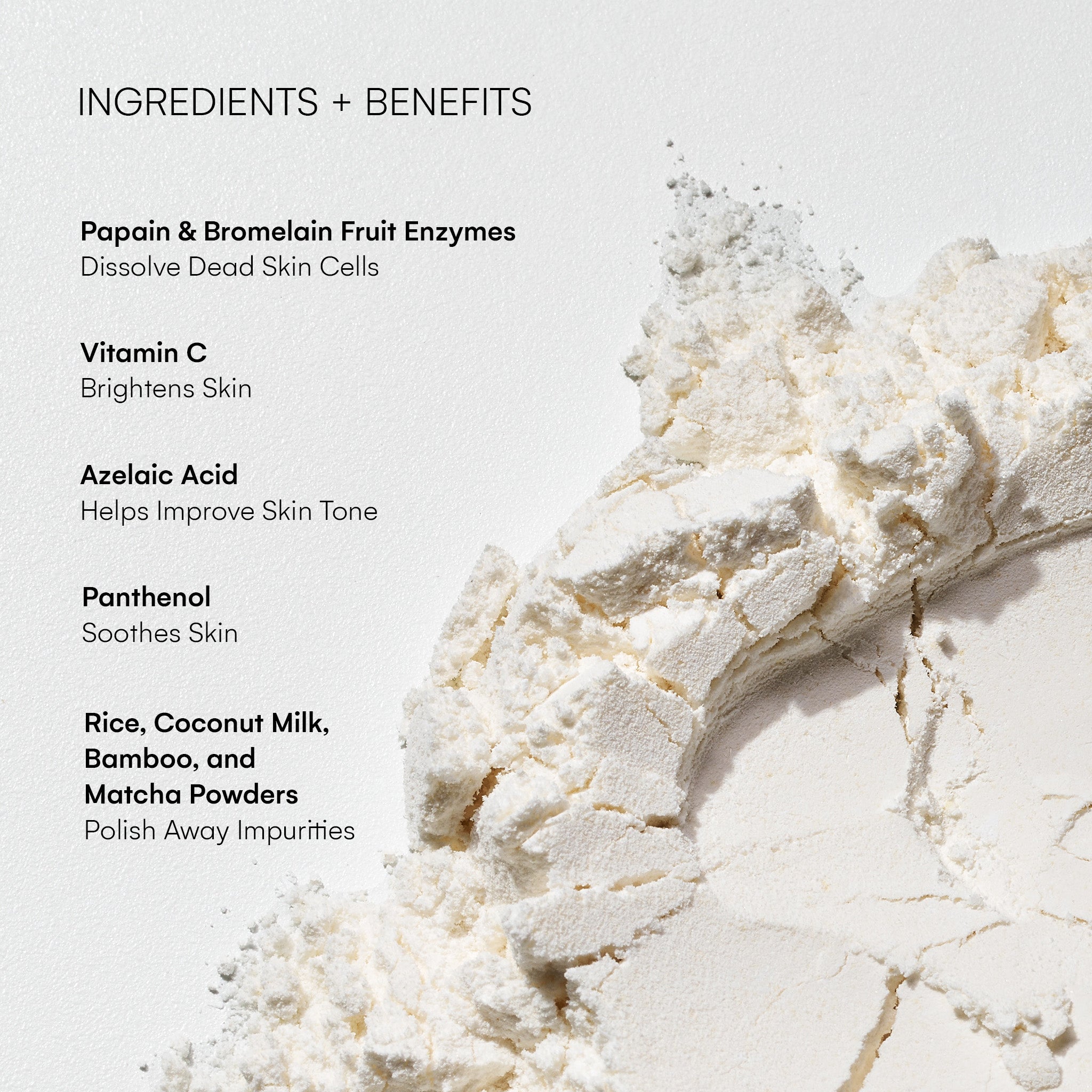
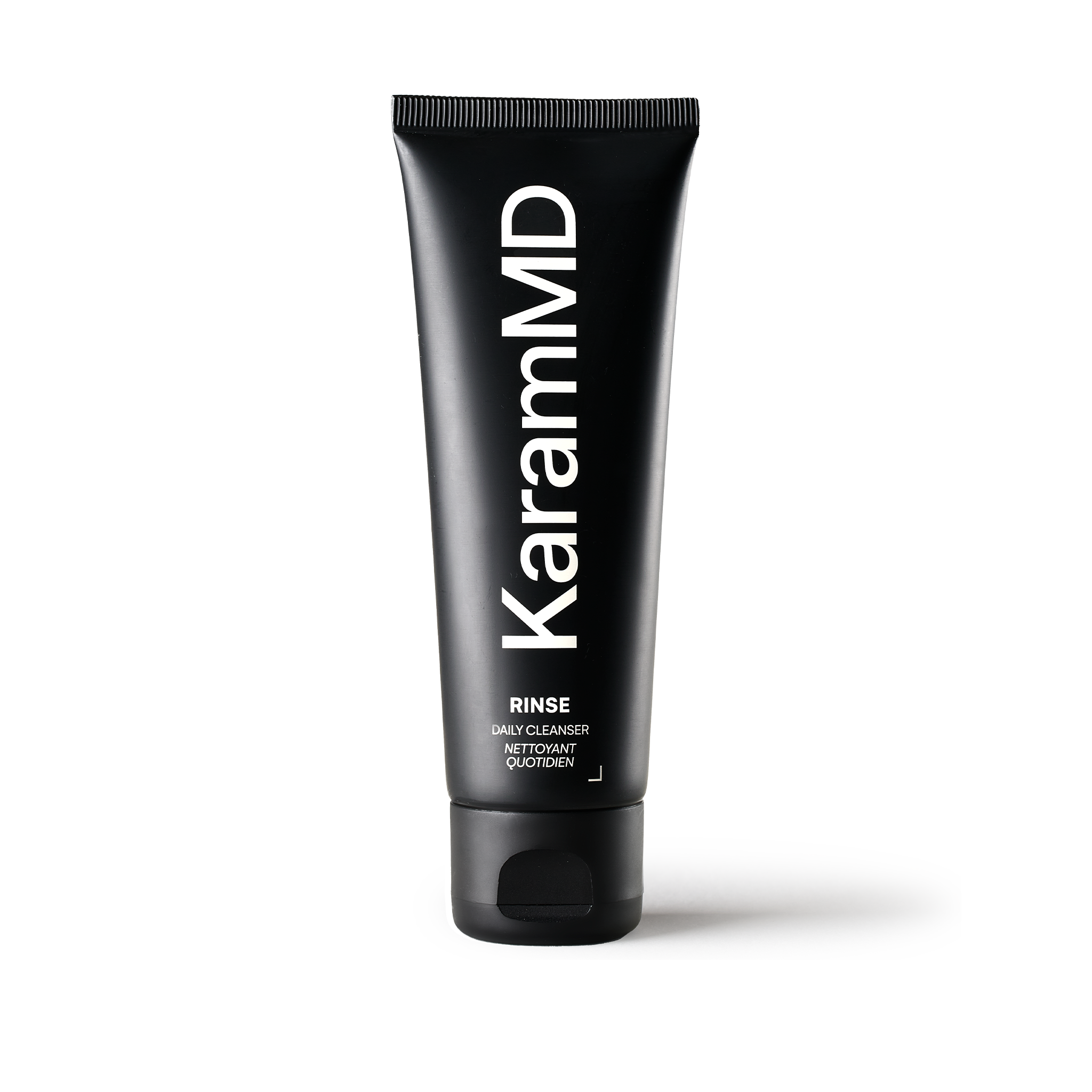

Leave a comment
All comments are moderated before being published.
This site is protected by hCaptcha and the hCaptcha Privacy Policy and Terms of Service apply.